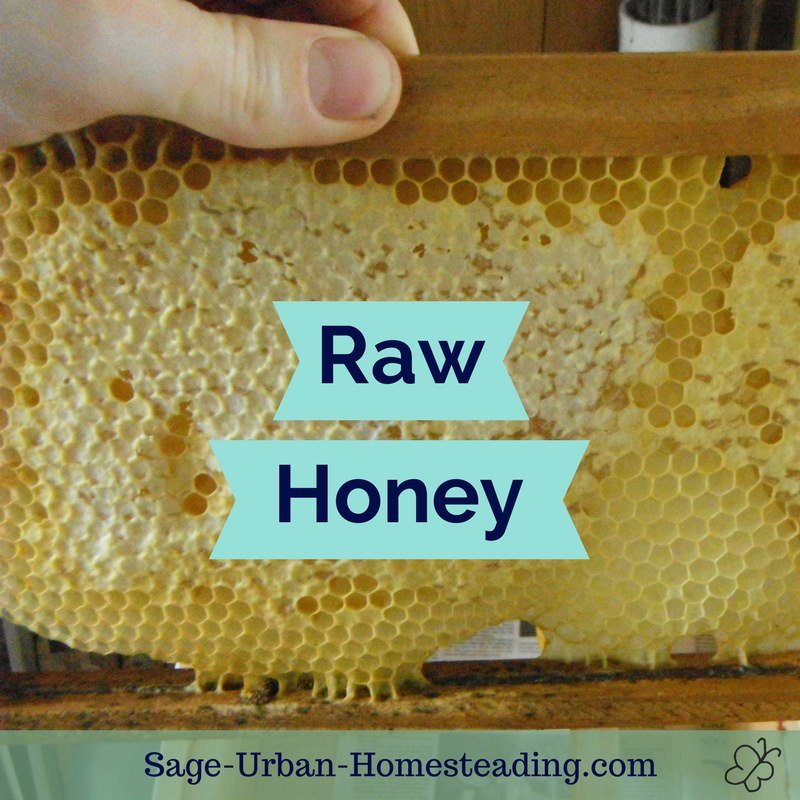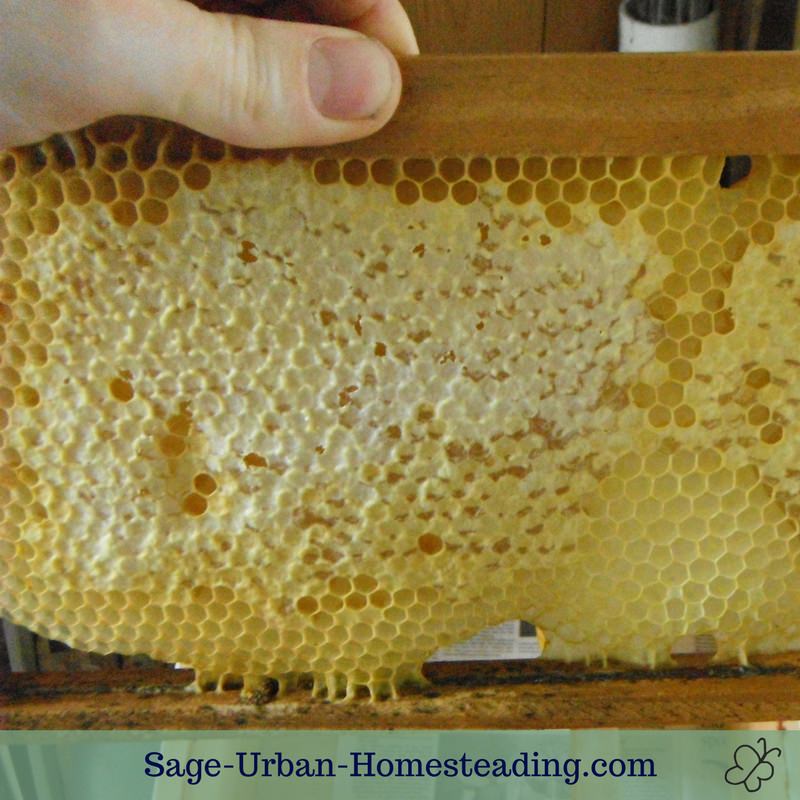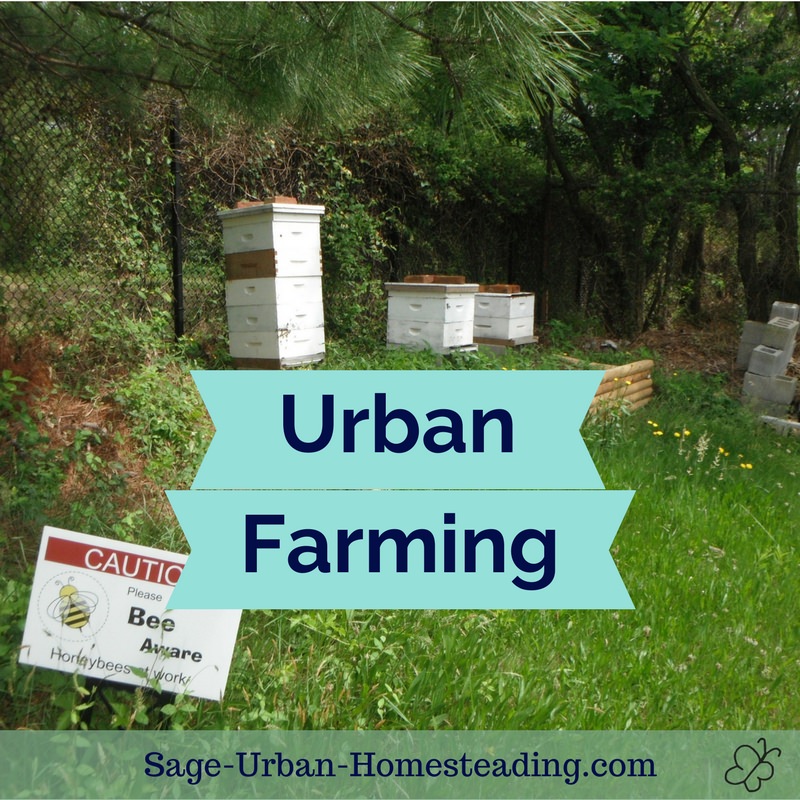FYI: I earn a small commission from some links and advertisements.
Raw Honey on the Urban Homestead
Honeybees are very valuable, not only for the raw honey they produce but also for helping to pollinate many fruits and vegetables. Can you imagine life without apples, almonds, sunflowers, onions, or carrots?
Apiculture is the process of raising bees. Honeybees are a domesticated creature bred for interaction with people and will only sting if they feel threatened because it costs the bee its life.
There are different types of honeybees from different parts of the world. For example, Russian honeybees are hairier and can tolerate cooler temperatures.
Humans have been raising bees for honey for thousands of years. It's even pictured in some cave paintings!
Making Raw Honey
Bees make honey by gathering nectar and vomiting it back out several times. This condenses it and adds beneficial substances like enzymes. They want to make a lot of honey to survive on during the winter.
The most nutritious honey is unheated and still contains the delicate enzymes. Some people will still call it "raw" if it has not been heated over a certain point, but beware that this could still involve microwave radiation.
It's best to get it out of the comb using a centrifuge extractor to spin the honeycomb around until the honey flies out. That's what we have.
You can build up your immune system by eating honey and pollen from local bees that collect in the same area that you live, so it's wise to buy honey from your local beekeeper. Or raise your own!
Read more about what the DeVries Bees are producing.











